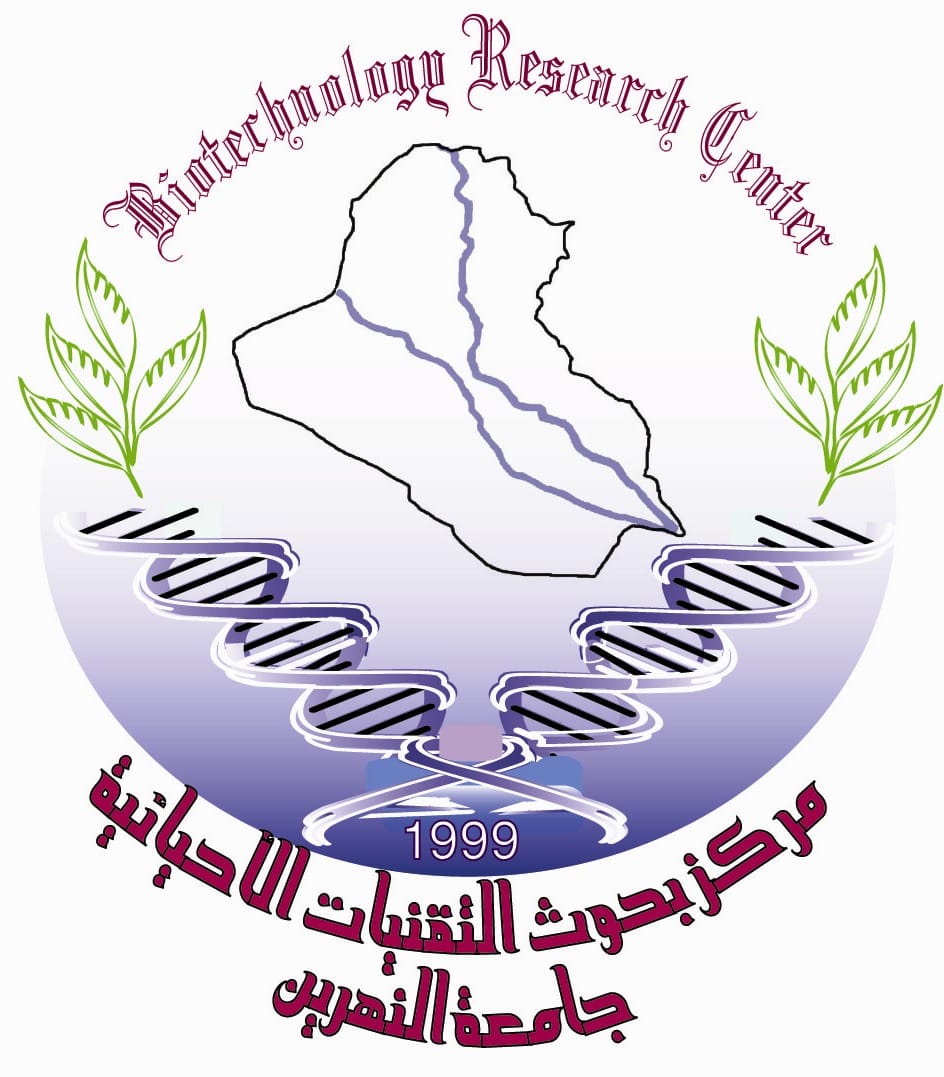Evaluation of allelopathic effect of fifty Sorghum bicolor L. Genotypes on Germination and Growth of some weed in vitro and in vivo
DOI:
https://doi.org/10.24126/jobrc.2010.4.1.103Abstract
The effect of root exudates of fifty Sorghum genotypes on seed germination and seedling growth of millet were studied in vitro. The fifty genotypes were divided into four groups according to their effect on percentage reduction in root and shoot and whole plant average lengths of millet seedling growth. The first group caused slight stimulation, the second slight inhibition, the third gave limited inhibition and the fourth caused high inhibition. In seedling growth. Five genotypes of sorghum were selected, one from group two and four from group four. These five genotypes were cultured in the field in Autumn 2007 and at the end of the season plants were removed, dried and grind. Three concentrations of each of these genotypes powder were prepared, in addition to the control treatment, (0.0, 3.0, 6.0 and 9.0) g/kg soil to study their effects on the growth of Amaranthus retroflexus which cultured in pots and kept in experimental field. Data on number of leaves, lengths of shoot and root and whole plant were taken as well as wet and dry weight were measured. Percentage of Amaranthus retroflexus seeds germination were evaluated in an experiment cultured in Petri dishes containing concentrations (0.0, 5.0 and 10.0%) of aqueous extracts of each of the five genotypes powder. Results showed high significant inhibition for the four genotypes from group four in comparison with the one genotype from group two. Significant differences among these genotypes in their inhibition on such parameters as shoot, root, whole plant growth, number of leaves, and wet and dry weight. The genotype 2005-K-Type 1050 gave the highest reduction in plant length 53.2% incomparing with the genotype 2005-K-Type 1033 which gave 0.7%. The percentage of seed germination of Amaranthus retroflexus was significantly reduced as the concentration of the aqueous extract increased and there were significant differences among genotypes on this parameter. The concentration of the powder of each genotype added to the soil produced significant reduction in all parameters studied and the effect increased as the concentration increased in soil. This research discusses the potential of the allelopathic effect of some Sorghum genotypes on weed germination and growth reduction and the possibility of employing them in weed control program with the intention to use less herbicide.
Downloads
Published
How to Cite
Issue
Section
License
This is an Open Access article distributed under the terms of the creative commons Attribution (CC BY) 4.0 license which permits unrestricted use, distribution, and reproduction in any medium or format, and to alter, transform, or build upon the material, including for commercial use, providing the original author is credited.











